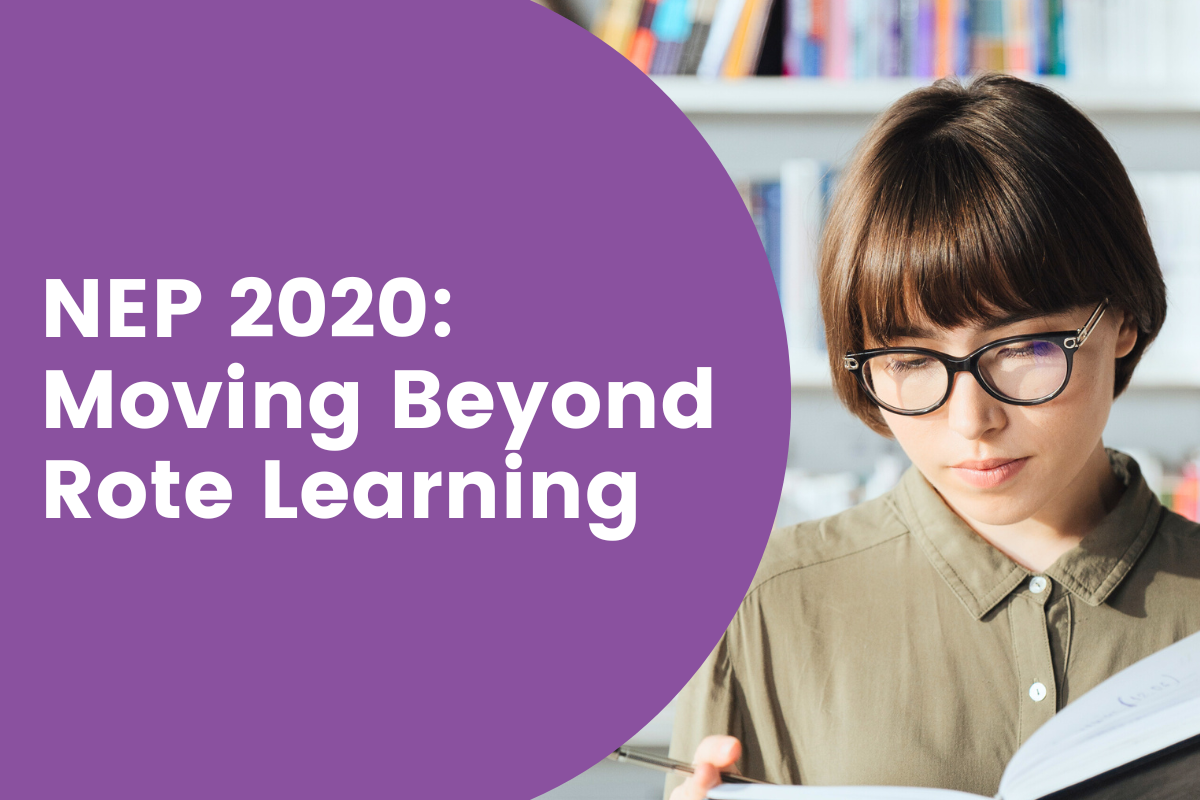NEP 2020: Moving Beyond Rote Learning
By~ Scholar Planet
Created At: 25 Jun, 2023

Education is a fundamental pillar
of any society, shaping the minds and futures of its citizens. It is essential
to equip individuals with the necessary knowledge, skills, and values to thrive
in a rapidly changing world. In recognition of this, the National Education
Policy (NEP) 2020 in India aims to revolutionize the education system by moving
beyond rote learning and fostering holistic development.
Rote learning, often associated
with memorization of facts, has long been a prevalent practice in traditional
education systems. Students were expected to cram information without truly
understanding the concepts or their real-life applications. This approach,
although efficient for short-term recall, hindered critical thinking,
creativity, and problem-solving skills.
The NEP 2020 seeks to break this
cycle by promoting a more student-centric and experiential learning
environment. It emphasizes the importance of understanding concepts,
encouraging analytical thinking, and applying knowledge to real-world
situations. The policy advocates for active learning methodologies that engage
students and foster a deeper understanding of the subject matter.
One of the key aspects of the NEP
2020 is the shift from a content-centric curriculum to a competency-based
approach. Instead of focusing solely on textbook knowledge, the policy aims to
develop a broad range of skills and competencies in students. These include
critical thinking, communication, collaboration, creativity, and digital
literacy.
The NEP 2020 also places a strong
emphasis on reducing the emphasis on high-stakes examinations that promote rote
learning. The policy suggests a shift towards a more comprehensive and
continuous evaluation system that assesses students' progress based on their
overall development and understanding of concepts. This encourages teachers to
focus on imparting knowledge effectively rather than teaching to the test.
Furthermore, the policy
acknowledges the importance of technology in transforming education and
facilitating personalized learning experiences. It encourages the integration
of digital tools and resources to enhance teaching and learning processes.
Technology can provide interactive learning platforms, virtual simulations, and
adaptive learning systems, enabling students to explore subjects in a more
engaging and personalized manner.
Another significant aspect of the
NEP 2020 is the focus on multidisciplinary and vocational education. It
recognizes that the real world is not divided into isolated subjects, and
students should have the opportunity to explore and integrate knowledge from
various disciplines. By offering multidisciplinary courses, students can
develop a holistic understanding of complex problems and engage in critical
analysis.
Vocational education, as part of
the NEP 2020, aims to equip students with practical skills and knowledge that
can lead to gainful employment. By integrating vocational training into the
mainstream education system, students can develop both academic and vocational
skills.
By adopting active learning
methodologies, leveraging technology, and promoting multidisciplinary
approaches, the policy aims to create a generation of students who are
well-prepared to face the challenges of the future. The success of this
transformative vision relies on effective implementation and continuous support
from all stakeholders, including educators, policymakers, parents, and students
themselves.
Download the Scholar Planet app
which is sync with the above policy:
